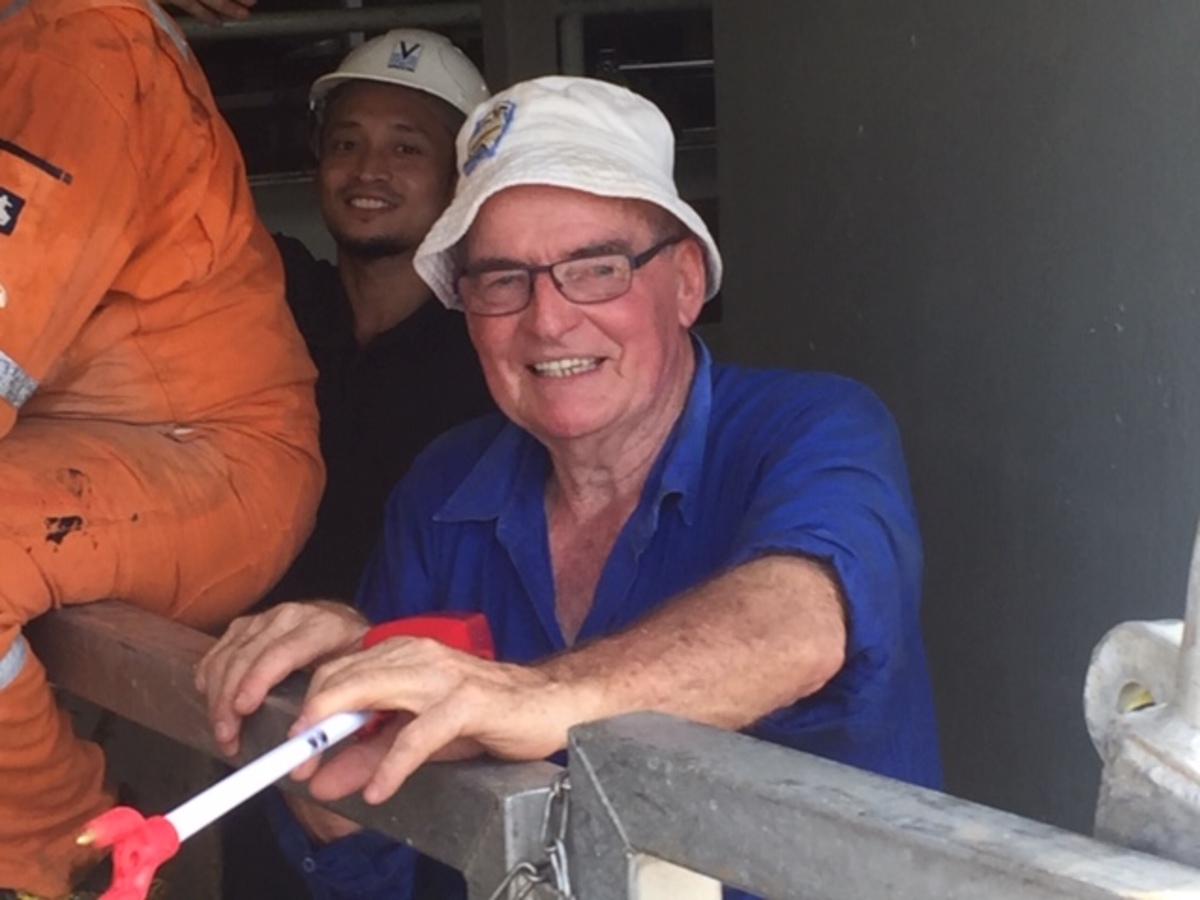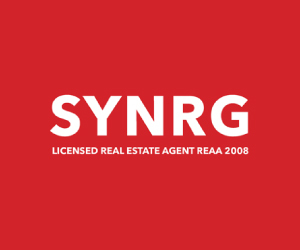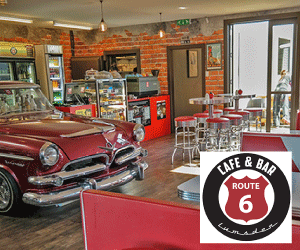Loss of ship hits home for Te Anau livestock export expert
Jan Ludemann
11 September 2020, 5:42 PM
 Jim Stewart, of Te Anau, who has had 60 years' experience in livestock exports, was a neighbour to missing stockman Lochie Bellerby. PHOTO: Supplied
Jim Stewart, of Te Anau, who has had 60 years' experience in livestock exports, was a neighbour to missing stockman Lochie Bellerby. PHOTO: SuppliedThe tragic disappearance of the ship, Gulf Livestock 1, during a cyclone off Japan last week has hit home for Te Anau man, Jim Stewart.
Since 1958, Mr Stewart has been involved with Australian Rural Exports trading as Austrex, part of the Ag Trade group which specialises in the export of livestock.
Over the years he has developed an intimate knowledge of the industry and the people involved.
Advertisement
Advertise on the Southland App
Right now his main concern is for the missing crew on the ship and their families.
He personally knows one of the missing New Zealanders, Lochie Bellerby, whose family farm neighboured the Stewart farm near Te Anau. As a youngster, Lochie would often come over the mow the lawns for a bit of pocket money, Mr Stewart said.
Losing a ship is a very rare occurrence and this was the first time in his 60 years’ experience that he was aware of any loss of life.
The industry is strongly regulated by governing bodies in both New Zealand and Australia and although this was not one of his company ships, Mr Stewart is convinced that any inquiry would no doubt find this to be a pure accident and not down to poor seamanship.
The travelling stock handlers who manage the livestock at sea are a small community with probably no more than a total of about 25 men and women from Australia and New Zealand currently working the ships and so an incident like this would have hit the community very hard.
This latest tragedy has brought the spotlight onto the live export trade and, according to Mr Stewart, much of the criticism being levelled at the industry is totally unwarranted.
Advertisement
Advertise on the Southland App
He is employed as a senior consultant by Austrex and his job involves him travelling to purchasing countries to inspect facilities and advise on changes and improvements needed to ensure the ongoing welfare of the livestock once it is delivered.
During his time in the livestock export industry, Mr Stewart has spent many years travelling to places such as China, Mongolia, Russia, Middle East and Asia.
Now aged 82, he doesn’t show any sign of slowing down with his most recent trip last December to Kazakhstan.
COVID-19 travel restrictions have forced him to remain at home for the last few months, but once the borders are reopened he will be off again.
He has produced a 64-page book on good animal husbandry, which has been translated into Chinese.
The book outlines everything required to ensure the ongoing welfare of the exported stock and includes everything from the size of the water troughs to the construction of fences and handling yards and animal handling methods.
Advertisement
Advertise on the Southland App
His job calls for him to deliver lectures to groups of stock handlers in the purchasing countries and, while he can speak Arab, he travels with a translator who can translate into about six or seven different languages.
“We only export to approved properties and it’s not unknown for me to give the thumbs down if a property isn’t up to scratch or the owners won’t act on my advice.”
“The livestock we export is top quality, purebred breeding animals and the export process requires a rigorous examination for age, health and breed type before being put into quarantine prior to shipping.”
Then, before being loaded onto the ships, official veterinarians from the purchasing countries inspected the stock and cross-checked the identification of each animal both by electronic tags and with visuals, and then a final check by Government accredited veterinarians.
On board the ships, the animals were well looked after, he said.
As a multi-million dollar business, the animals were central to the success of the business.
Advertisement
Advertise on the Southland App
“It’s in everyone’s interest to take care of the animals and we are very conscious of animal welfare at every step of the export process”.
He said his company had worked hard to create safe, humane and transparent livestock supply chains that include marine transport vessels that are all Australian Maritime Safety Authority (AMSA) accredited.
“While there might be only a few stock handlers employed by our company on each ship the vessels’ seamen crew, who are mainly Filipinos, are amazing with the stock.”
The ships had a feeding, watering and cleaning routine that ensures each animal arrives in peak condition.
Each pen was regularly cleaned during the voyage and the stock were fed three percent of their body weight with a variety of feed consisting of fodder pellets, chaff and hay. Underfoot the animals had a layer of sawdust spread over nonslip flooring.
The travelling stock handlers had to undergo training in Western Australia and were hand picked for their ability, expertise and attitude, he said.
They were attracted to the industry by very good pay rates and work conditions and they tended to stay.
“I know one travelling stock handler who, at age 78, is still doing the job after about 35 years in the business.”
ACTIVITIES & ATTRACTIONS




